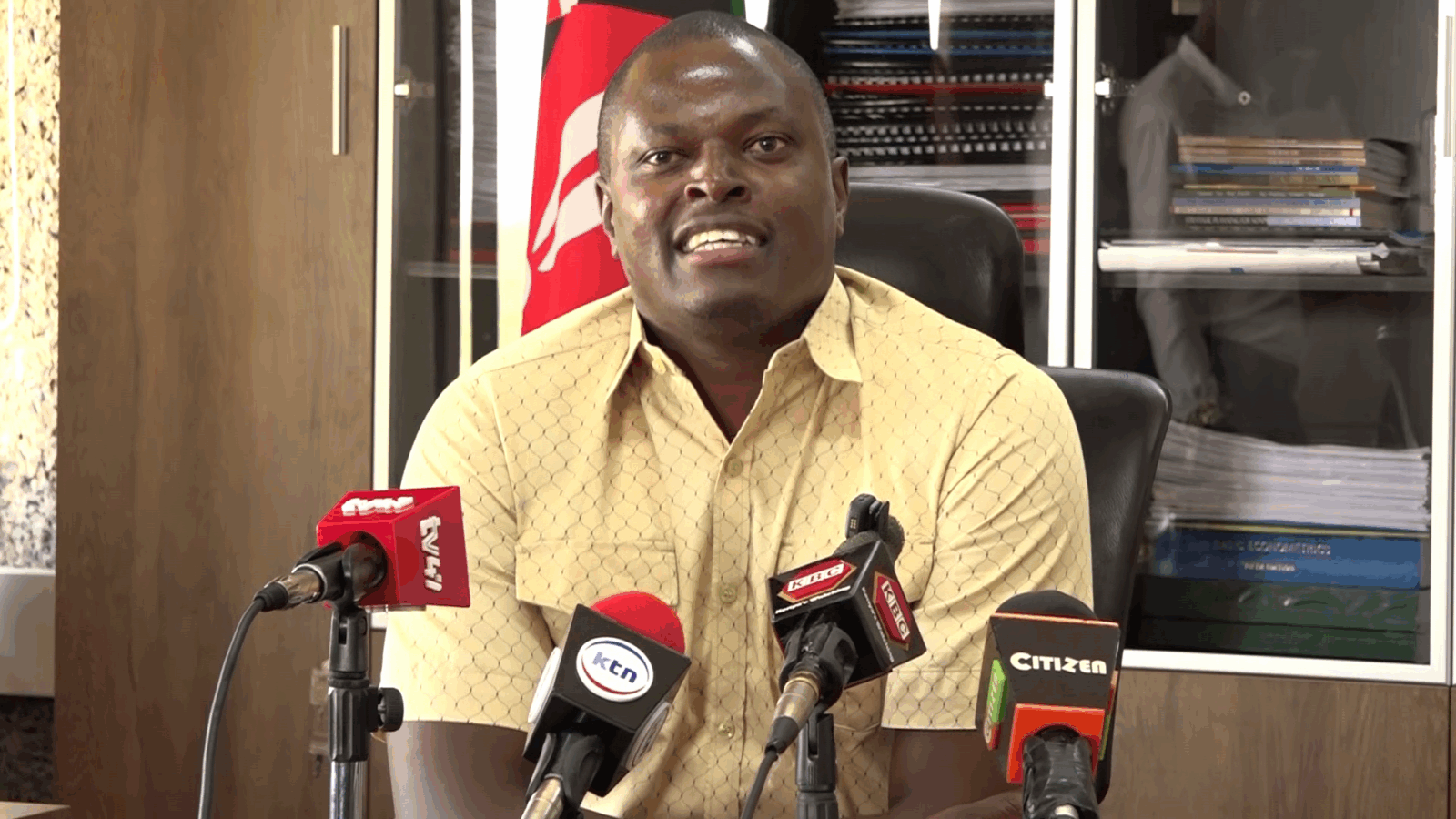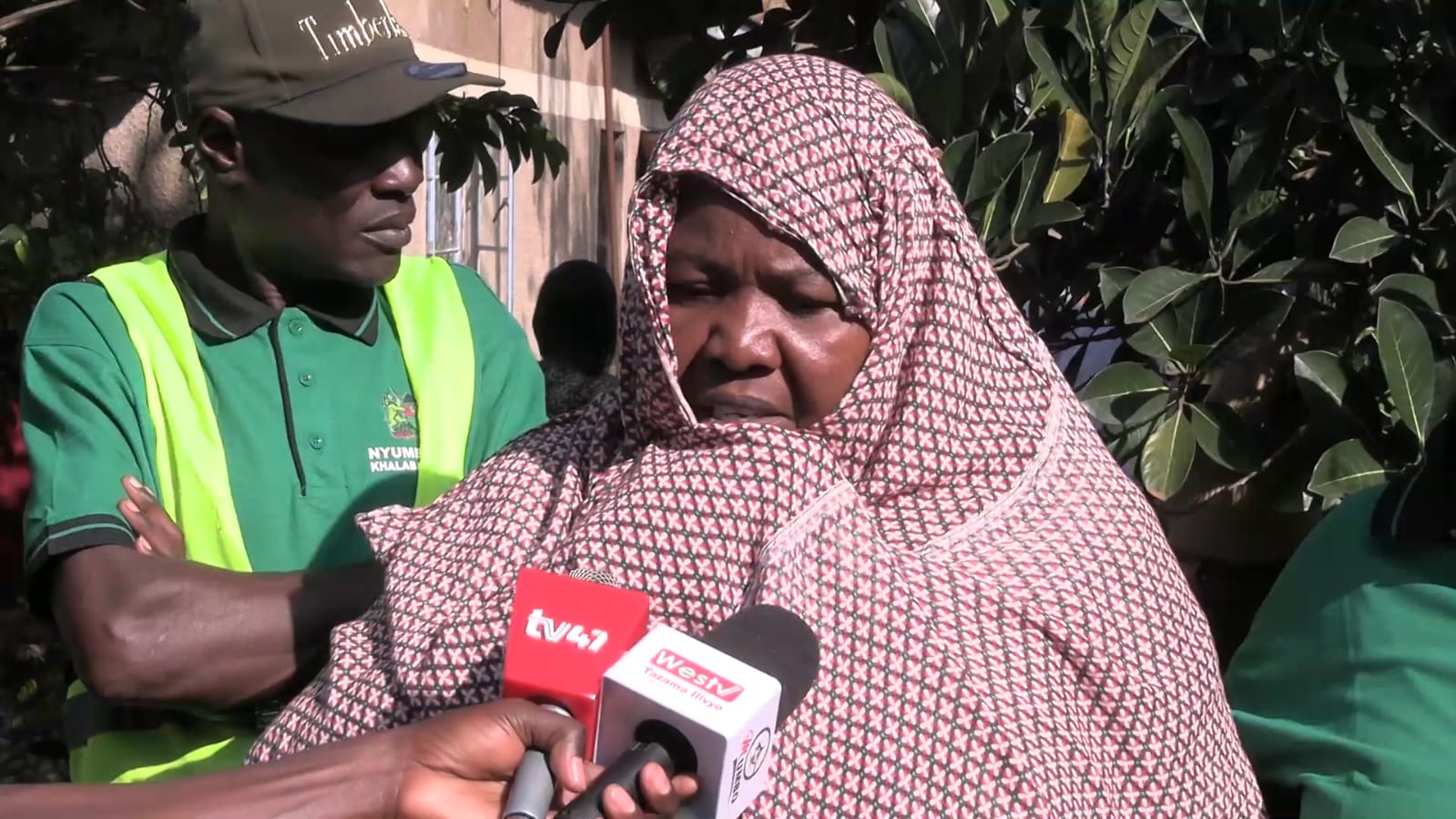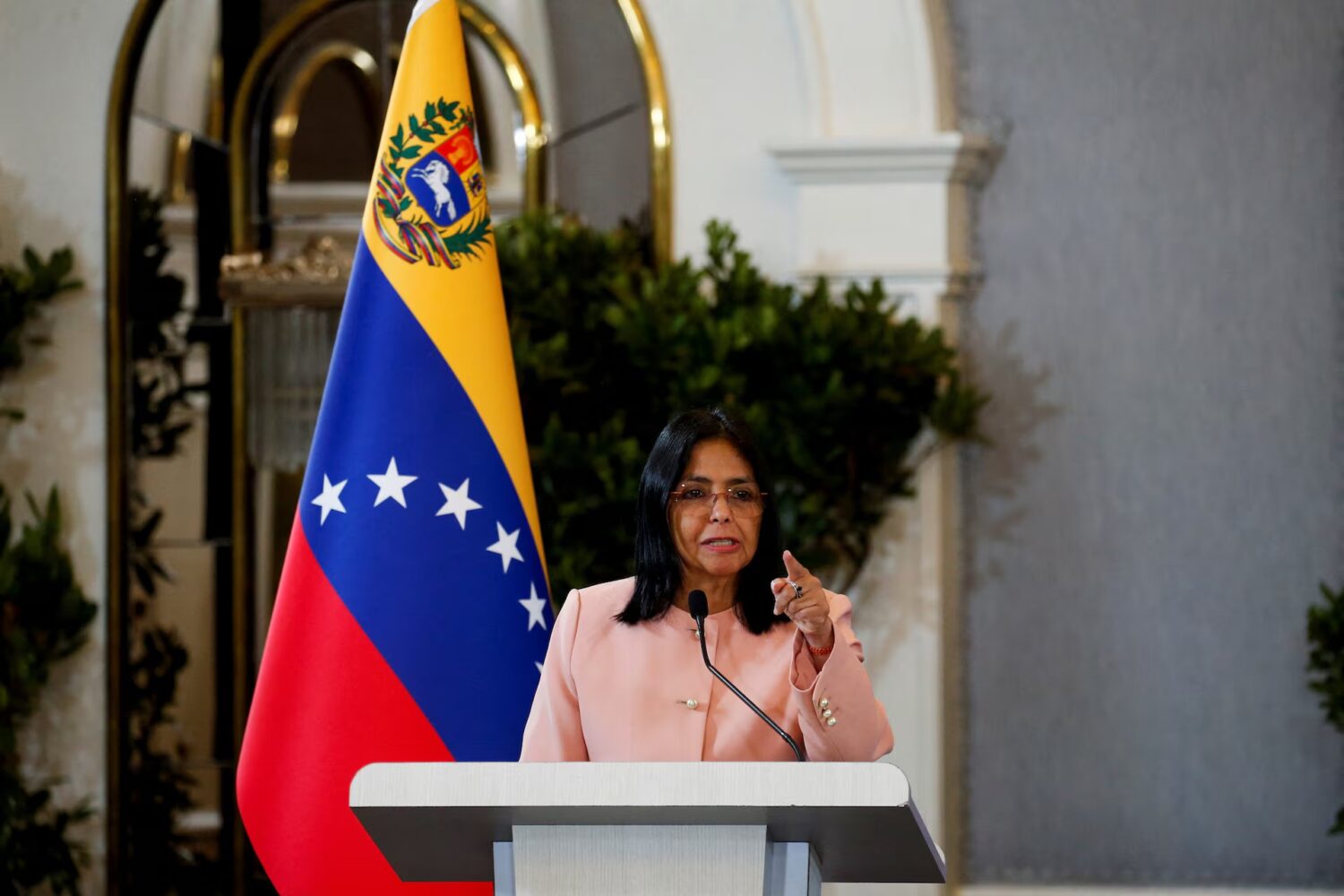On the 27th August 2010, the Constitution of Kenya 2010 was promulgated by the late President Mwai Kibaki, coming after Kenyans overwhelmingly endorsed it by 67% of the registered voters.
This marked a new epoch, a new dawn, a new era and a paradigm shift from the usual modus operandi. Also, it brought about a new constitutional dispensation evidenced by inter alia the introduction of provisions ofthe bill of rights, public participation and involvement of the people in decisionmaking, independence of institutions and separation of powers, devolution among many others.
Recently, we commemorated the Constitution’s 14th anniversary and it’s indisputable and uncontroverted that we’re yet to achieve and realize the dreams and aspirations of our fore fathers and the heroes and heroines of the second liberation commonly known as the multipartism which successfully led to the repeal of Section 2A of the old constitution in 1992 and ultimately culminated in the promulgation of the 2010 Constitution.
In 1982, the old constitution had been amended introducing the famous Section 2A which then officially rendered Kenya a de jure one-party autocratic state.Article 43 of the Constitution of Kenya 2010 provides for economic and social rights and in particular Article 43 (1) (b) encapsulates that every person has the de facto right to accessible and adequate housing.
To date, we are yet to effect the provisions outlined above as we have around 2 million housing units deficit,meaning that over 6 million Kenyans live in informal settlements where Nairobi county leads with over 60% of the residents living in slums.
To be able to bridge the housing units deficit, we will need to sustainably attain the annual demand for housing units which is around 250,000 against the current realizable 50,000 housing units. Taking into consideration that Kenyans have varying economic and social status, it is imperative that government renders a helping hand to help it’s citizens access adequate housing.
The social contract theory which was formulated by renowned jurists and philosophers such as John Locke and Thomas Hobbes opined that the citizens of a particular state surrenders their rights to the government and in turn it’s incumbent upon the government to ensure that the citizens’ rights have been upheld.
Those rights include economic and social rights, among which the right to adequate housing is included.The affordable housing program is a very ambitious and purposeful program which is a game changer if implemented successfully. The government utilizing the idle public land and contributions in form of a levy, constructs quality housing units which upon completion are allocated to Kenyans desirous of owning a place they can call their home.
Salaried or employed Kenyans contribute 1.5% of their gross monthly salary which is equally matched by the employer and non – salaried or self employed Kenyans also contribute 1.5% of their gross income. The target beneficiaries are Kenyans living in informal settlements primarily in cities and towns and those who are not able to raise the exorbitant amounts required to purchase land and subsequently develop it subject to the appreciation and volatility rates of real estates in Kenya.
The process of owning a home in the affordable housing program is trouble-free and straightforward. One should first register for the boma yangu program available in the Ecitizen portal then proceed to start saving whatever amount isavailable. Then, one should single out the housing unit that they’re desirous of owning and then if successful, they will be awarded a letter of offer with very flexible and manageable terms.
The goal is to ensure that each and every Kenya citizen can access high quality and affordable houses in consonance with the United Nations Agenda 2030 also the Sustainable Development Goals, the Africa Agenda 2063, the Kenya Vision 2030 and the Bottom Up Economic Transformation Agenda which is the Socio –Economic blueprint for the Kenya Kwanza government. Singapore which had a gross domestic product of $917.2m in 1963 when we got our independence from our colonial masters while we had a gross domestic product of $926.6m in the same year, has successfully implemented the affordable housing program hence drastically reducing poverty and inequality in the country.
Undoubtedly, we can as well replicate it’s success story only if we endeavor towards achieving the shared goals and aspirations that our forefathers has envisioned.
JOHN WANGAI PUBLIC INTEREST LITIGATION LAWYER












